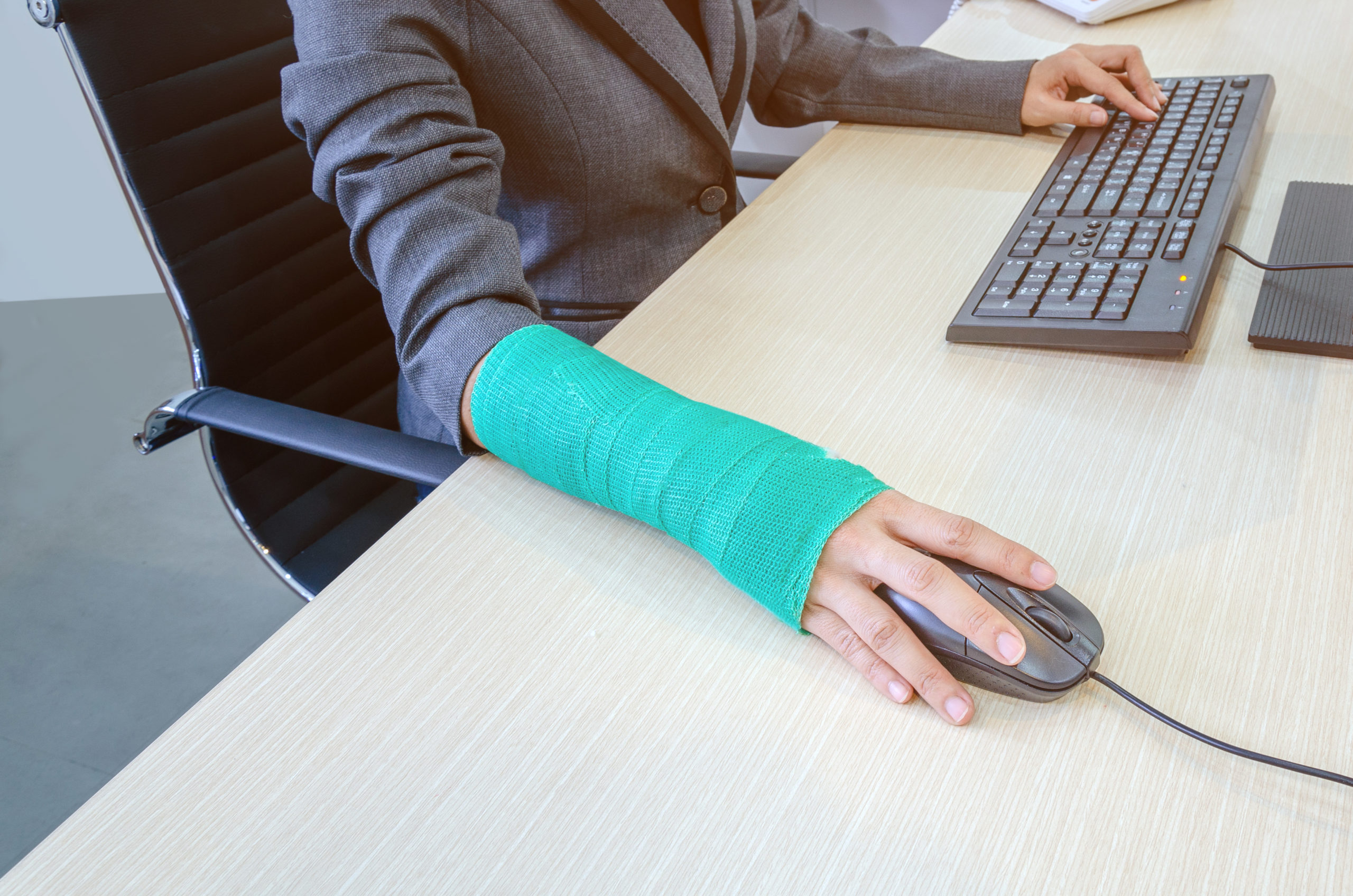Work related injuries are common for police officers. Injuries can range from sprains and strains to career ending heart or lung disease. After you see a physician, your paperwork may indicate that you are restricted from some type of activity that will impact your ability to do your job. If you have been given any of these restrictions your department may offer you an opportunity to work in a “modified”, or “light-duty” capacity. Generally, you will not be responding to calls for service or emergencies, but you will still have an opportunity to work in some form and continue to earn income while not using your personal leave balances.
The way this modified duty looks and the way you are compensated may vary from department to department depending on each individual collective bargaining agreement.
What if I don’t want to work a Light-Duty assignment?
If your employer offers light-duty which meets your restrictions, you should seriously consider taking the option while you recover from your work-related injury or illness. If there is available light-duty and you decline to accept the position, you may have to burn your own leave balances to continue to receive a paycheck or go into a non-paid status. The question that comes to mind is “I was hurt doing my job and it’s not my fault, why do I have to use my time to recover?”. NRS 616C.457 5b provides the answer.
5. Payments for a temporary total disability must cease when:
(a) A physician or chiropractor determines that the employee is physically capable of any gainful employment for which the employee is suited, after giving consideration to the employee’s education, training and experience;
(b) The employer offers the employee light-duty employment or employment that is modified according to the limitations or restrictions imposed by a physician or chiropractor pursuant to subsection 7; or
(c) Except as otherwise provided in NRS 616B.028 and 616B.029, the employee is incarcerated.
So, the only way you can receive pay from your employer is to either accept the light-duty assignment or use your own leave. Additionally, if you are not receiving pay from your employer, it may affect your PERS contribution as well as other benefits your employer provides including health insurance and your leave accruals.
I have accepted my Light-Duty assignment, how long will it last?
Light-duty assignments generally last until your doctor releases you to full-duty. Once your physician states you can return to full-duty work your employer will need to change your status from light-duty to full-duty and you can return to work. This decision is dependent on your physician and his assessment of your ability to perform your essential job duties as well as his determination that you have reached maximum medical improvement (MMI) and even if some continued treatment is needed, you are still capable of performing your full job. What happens to you if you haven’t reached MMI and your option for light-duty has run out depends on your Collective Bargaining Agreement (CBA). You should reach out to your union to confirm what your options are. If your available light-duty runs out, you may need to begin using some of your leave balances to continue getting paid. As mentioned above, it is important to remain in paid status so that your benefits are not disrupted. Stay in close contact with your union to ensure that your situation is being handled appropriately.
What is the goal of Light-Duty work?
Light-duty offers you the ability to work and receive pay, while still allowing you to recover and prevent further injury/aggravation by not putting your body under the stresses that you experience while on full-duty. Light-duty may also help your department meet some unfilled needs. These needs may range from as simple as answering phones all the way to scheduling training or major events in your area. By working light-duty, the department has additional resources to handle these tasks. Coming in for light-duty keeps you engaged with the department and often makes it easier for you to attend your physician or physical therapy appointments. The goal of light-duty and workers’ compensation in general is to get you back to work as soon as possible.

